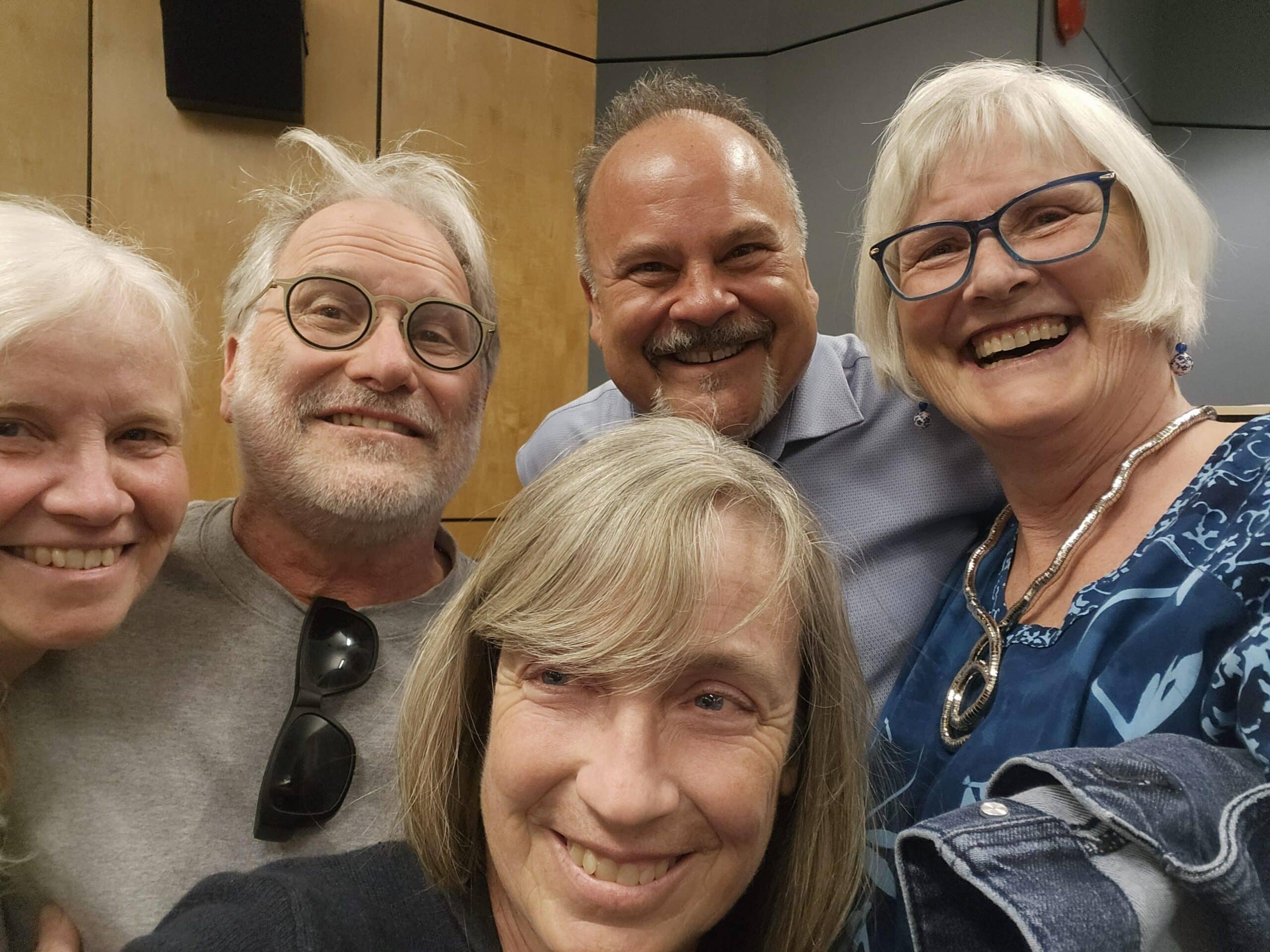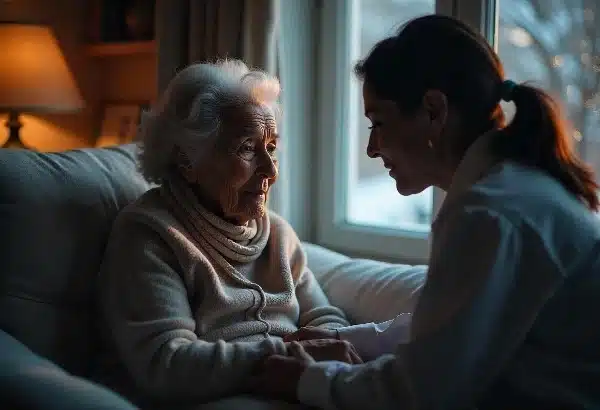Grief is a constant yet hidden companion of dementia – grief experienced by the person living and dying with dementia and grief experience by the caregivers, family and friends.
These ongoing losses, some of which are rather ambiguous, may not be recognized or understood by the persons experiencing the many losses or by their community of support. When loss is not understood, the associated grief is often not understood or sanctioned and the griever is usually not supported. People may think that persons with dementia will not know what they are losing and may not grieve the losses.
Persons with early stage dementia may be well aware of the losses and the pending losses. Later in disease the person may have feelings of loss but be less able to identify the loss or the grief.
Acknowledging and validating the loss can help the person to grieve and adapt to their new world. When a person expresses anger, anxiety, or other grief behaviour do not dismiss the possibility that the person is experiencing grief.
Ideas to communicate support include: acknowledge losses, provide empathetic support and a caring presence, and reassure and remind the person of continued relationships.
What ideas, suggestions do you have for supporting a person with dementia who is grieving their losses?
Join Deb Ribeyre to further your learning with the online course Loss Grief and Dying with Dementia starting on November 6th.









One Response
This is a very serious subject that we have not really addressed in our culture as yet. With medical intervention helping people’s bodies to live much longer, more and more people are dying from/with dementia — and over longer and longer periods of time. This creates an emotional dilemma particularly for the caregivers — caught between their own wishes to provide as much ‘quality of life’ as possible, and recognizing that doing that becomes less and less possible. Sometimes, the process is so extended that there may not be markers (of loss of ability, and ‘quality of life’) — as Kath mentioned — that the caregivers may not notice how many losses they are experiencing.
I am also concerned about the amount of muted anger may be building up as caregivers feel more and more helpless — either to care for their loved one, or feel that they have no choice but put them in a care facility. This is quite different from ‘anticipatory loss’ where the caregivers or family members/friend knows that the person is dying, as it may be that their loved one’s body is holding out well while their mind is not.
Being blunt, in most cases with ‘anticipatory grief’ you know that there will be an end fairly soon: with dementia (especially where there is no major physical problem), the caregivers has no sense of an end to it all. If they do not have their loss acknowledged and dealt with, the muted anger may lead to unintentional abuse.